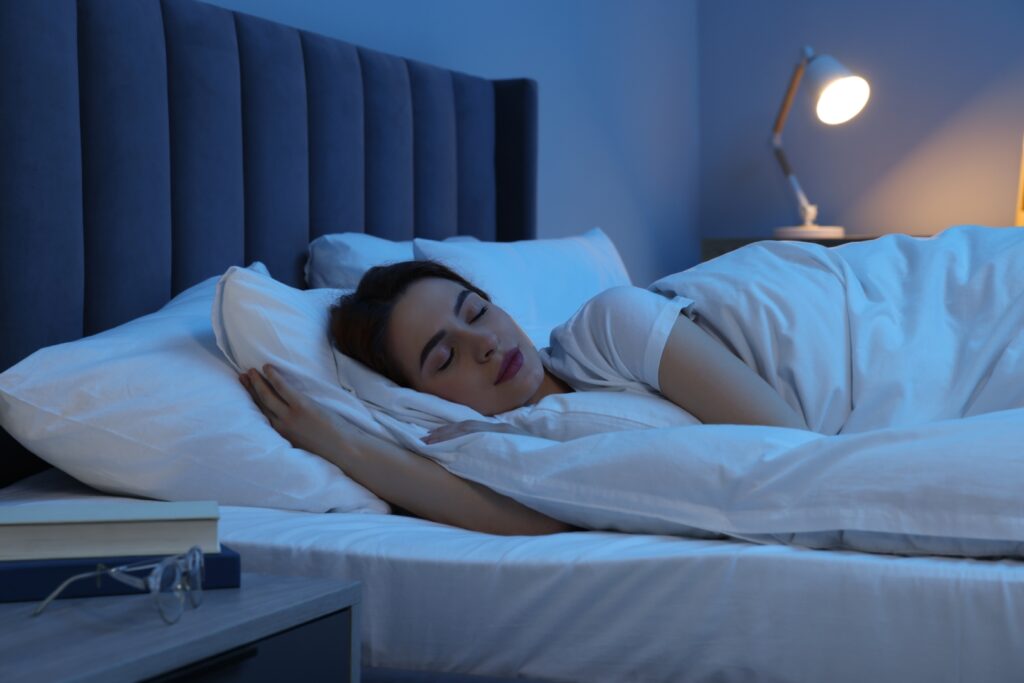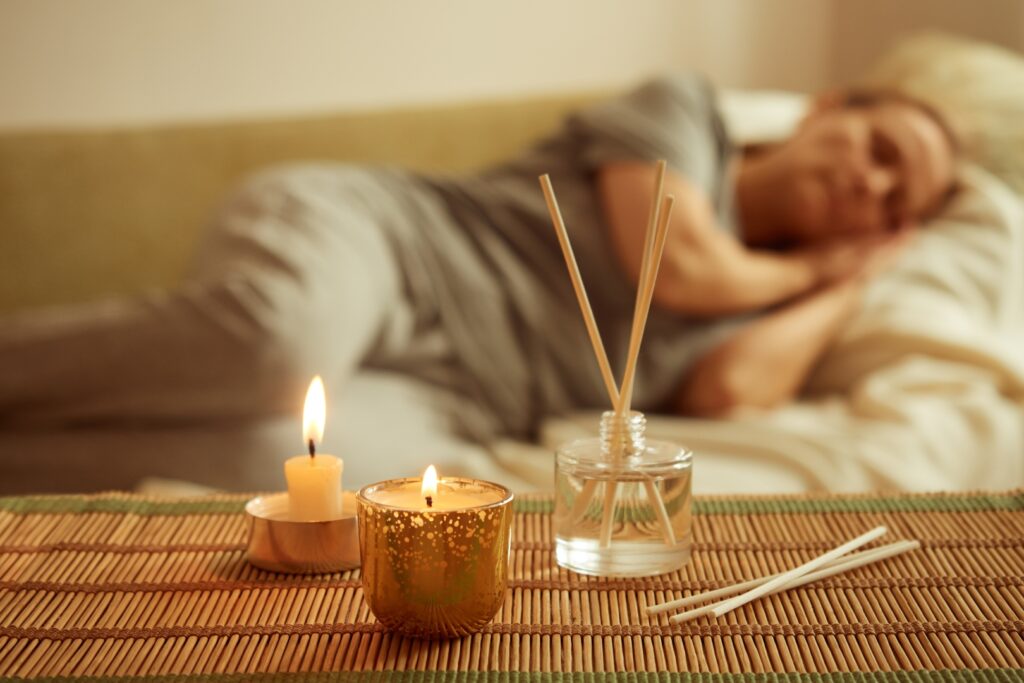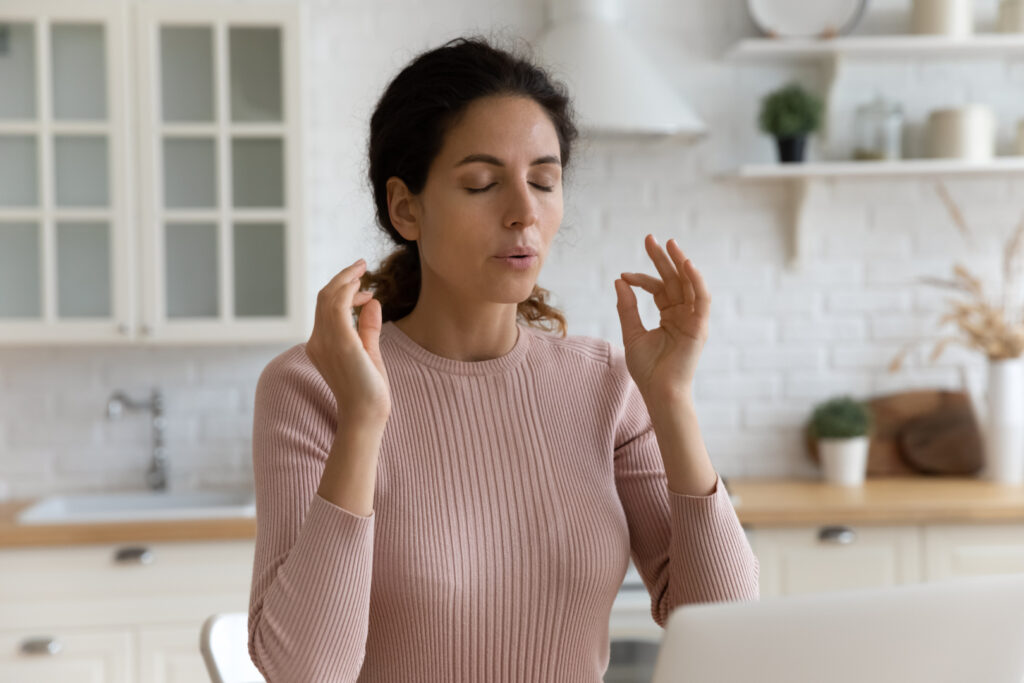Getting a good night’s sleep is as critical to health as regular exercise and a balanced diet. Yet, the struggle to consistently achieve the right amount of turn-down time seems real for the best of us. Beyond the usual advice, there are a few lesser-known strategies that have proven effective for many in chasing down those coveted Z’s.
Here are five tips for better sleep that might just be the breakthrough you need.
Cooling Down Is Key

It’s common advice to keep the bedroom cool, but taking a cold shower before bedtime takes this concept to the next level. The sudden drop in body temperature after a cold shower can make falling asleep much easier, making the bed more inviting for a night of deep sleep.
The Trance of Pink Noise

Experts often recommend white noise for sleep, but pink noise, with its consistent frequency and softer tones like rainfall or a gentle breeze, can be more effective. Studies have shown that pink noise can improve the quality of sleep by enhancing deep sleep phases, turning the bedroom into a peaceful oasis.
Scented Sleep

While many widely recognize lavender for its calming properties, few know that valerian root is a hidden gem that promotes relaxation and sleep. A few drops of valerian root essential oil on a pillowcase or used in a diffuser can fill a room with a soothing aroma that facilitates quicker and deeper sleep.
Clinically Proven Breathing Technique

The ‘4-7-8’ breathing method, inhaling for 4 seconds, holding for 7 seconds, and exhaling for 8 seconds, acts as a natural sedative for the nervous system. This simple technique can help relax the body and mind, making it easier to fall asleep.
Magnesium-Rich Snacks Before Bed

Including magnesium-rich foods like almonds and bananas in the pre-bedtime routine can also help improve sleep. Magnesium aids muscle relaxation and enhances sleep quality by activating the body’s parasympathetic nervous system — the system responsible for relaxation and sleepiness.
These strategies offer a fresh perspective on solving sleep issues, providing new avenues for those seeking the bliss of uninterrupted slumber. While individual experiences may vary, experimenting with these tips could unlock the door to better sleep.
© 2025 Benzinga.com. Benzinga does not provide investment advice. All rights reserved.
Trade confidently with insights and alerts from analyst ratings, free reports and breaking news that affects the stocks you care about.